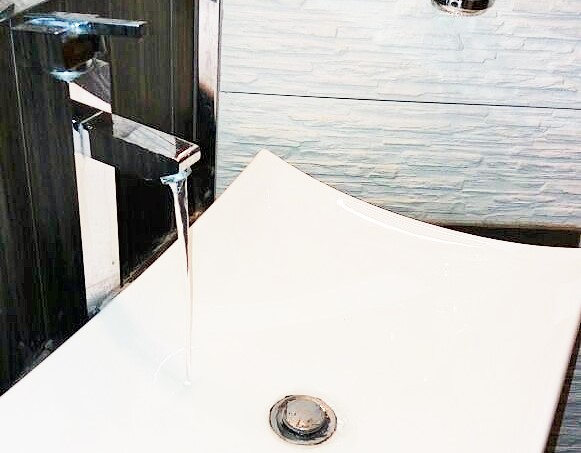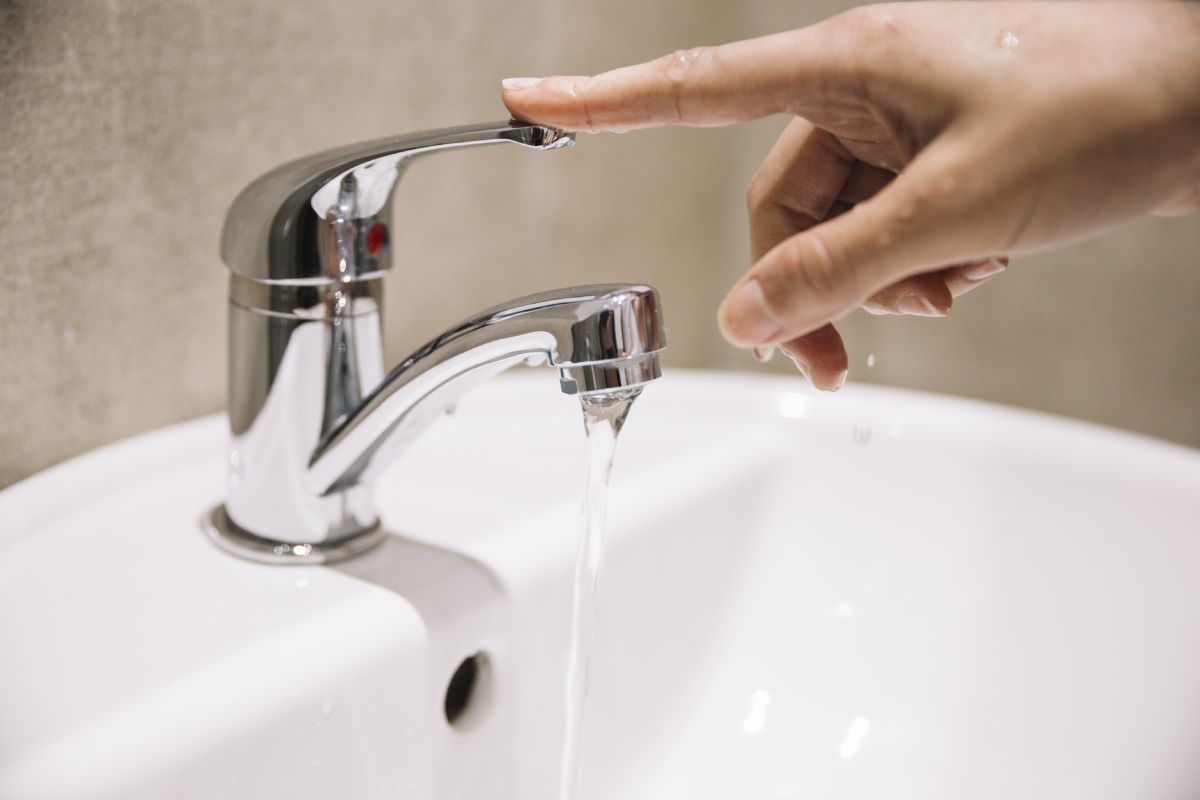Clear Advice for Dealing with Low Water Pressure in Your Home
WebsiteEveryone seems to have his or her own theory when it comes to Dealing with Low Water Pressure in Your Home.

Low water stress in your home can be a frustrating problem, affecting every little thing from showering to washing recipes. If you're experiencing weak water flow, there are a number of feasible causes and remedies to check out. In this overview, we'll go over typical factors for low water stress and functional actions to resolve the issue efficiently.
Introduction to Low Tide Stress
Low water pressure occurs when the flow of water from your faucets, showers, and various other components is weak than common. This can make day-to-day jobs much more difficult and less efficient. Recognizing the causes of low water pressure is critical to finding the ideal service.
Common Causes of Low Tide Pressure
Faulty Pressure Regulatory Authorities
Pressure regulators are accountable for preserving constant water pressure in your house. If they malfunction, it can lead to low water stress or unequal flow throughout the house.
Metropolitan Supply Of Water Issues
In some cases, the trouble exists outside your home. Metropolitan water system issues, such as main line leakages or maintenance work, can temporarily decrease water stress in your area.
Pipeline Obstructions
In time, pipes can come to be obstructed with mineral deposits, sediment, or particles, limiting the flow of water. This is a common concern in older homes with galvanized steel pipes.
Corrosion
Rust within pipelines can lead to leaks and minimized water pressure. Rust accumulation can constrict water flow, specifically in maturing plumbing systems.
Exactly How to Identify Low Water Pressure
Evaluating Pipelines
Check noticeable pipes for indicators of leakages, rust, or blockages. Pay attention to any kind of unusual sounds, such as knocking or rattling pipes, which might suggest problems within the plumbing system.
Consulting with a Plumber
If you're incapable to identify the reason for low water pressure, take into consideration hiring a professional plumber to conduct a complete assessment. They can identify underlying issues and recommend ideal services.
Inspecting Faucets and Components
Begin by checking the water pressure at various taps and components throughout your home. If the concern is isolated to certain areas, it may show localized issues.
DIY Solutions to Repair Low Water Pressure
Flushing Hot Water Heater
Debris build-up in the hot water heater can limit circulation and minimize efficiency. Flushing the container occasionally helps get rid of sediment and keep ideal performance.
Checking Stress Regulator
Make sure that the stress regulator is operating correctly. Changing or replacing the regulatory authority can assist recover proper water pressure throughout your home.
Cleaning Aerators and Showerheads
Mineral deposits can gather in aerators and showerheads, lowering water circulation. Remove and clean up these parts consistently to boost water stress.
Clearing Up Clogs in Piping
For small clogs, try making use of a plumbing serpent or chemical drain cleaner to clear blockages in pipes. Beware when using chemicals and follow security standards.
When to Call an Expert Plumber
If do it yourself efforts fail to settle the issue or if you suspect substantial plumbing troubles, it's finest to seek help from a qualified plumber. They have the expertise and devices to attend to complicated problems safely and efficiently.
Preventive Measures to Maintain Water Stress
Mounting a Stress Booster
Take into consideration installing a stress booster pump to boost water pressure in locations with continually low flow. This can be especially advantageous for multi-story homes or residential properties with high-demand components.
Monitoring Water Use
Be mindful of water use routines and avoid overtaxing the plumbing system. Straightforward changes, such as incredible showers and laundry loads, can assist preserve appropriate water stress.
Regular Maintenance
Set up routine upkeep for your plumbing system to prevent problems such as corrosion, leaks, and clogs. Addressing minor problems early can assist stay clear of more substantial repair services later.
Final thought
Handling low water stress can be aggravating, however determining the underlying reasons and executing appropriate remedies can restore optimal circulation throughout your home. Whether it's cleaning up aerators, evaluating pipelines, or consulting with a plumber, taking aggressive steps can make certain a constant supply of water for your day-to-day requirements.
How to Fix Low Water Pressure In Your Home
Municipal Water Supply Issues
Scheduled maintenance, high demand, and water main breaks are all potential causes for low water pressure within a city or county’s water lines. While there’s not much you can do to personally fix a problem with your city or county’s water supply system, you can play a big role in documenting the issue and alerting those who can.
How to fix it:
Ask your neighbors if they are experiencing any issues with low water pressure. If multiple homes are affected, it’s likely related to the city’s water line. Contact the local Water Authority to see if there is any maintenance taking place that might be affecting your supply. Also let them know of your specific issues. If other homeowners report the same issues, they’ll know that there could be a larger issue to look into. Faulty Fixtures
A damaged or clogged shower head, faucet or appliance is the first thing we’d suggest checking, especially if low water pressure appears to be isolated to a specific area of your home.
How to fix it:
First, turn off the main water supply to your home. Check the affected appliances for build-up or debris. In the case of a faucet, you can simply unscrew the aerator at the tip of the faucet. Showerheads should be fully detached from the water pipe. While the appliances are detached, you may want to check the water supply to determine if the fixtures were in fact the issue. To clean, soak the showerhead or aerator in vinegar and brush off any visible debris. Reattach the fixtures and check the water pressure again. If it is still low, there is likely a deeper issue at hand, which can be determined by a professional plumber. Pipe Obstructions
Mineral deposits, rust or other debris within water pipes can lead to blockages or corrosion over time.
How to fix it:
When you think of a clog, you probably think of a drain clog. While there are many DIY solutions to clearing a drain, clogs in a water pipe will almost always require the help of a professional plumber. A plumber will be able to locate the affected pipe and clean out any debris or mineral deposit buildup. In severe cases, the pipe may need to be replaced. Your plumber might also recommend a water softening system to remove the minerals from your home’s water supply that can contribute to pipe blockages over time.
Plumbing Leak
Undetected water line leaks can divert water away from your residential pipes, reducing the water pressure in your fixtures.
How to fix it:
Check your water meter by turning off all water sources and monitoring the meter for any movement, which could be a clear indicator of a potential leak. Check all visible pipes for signs of leaking, including water stains, active dripping or damp spots around the pipe. Inspect fixtures, including faucets and showerheads, for any drips. Test the pressure but recording the pressure with the main water valve shut off. Leave off for a few hours and test again. A significant drop in pressure is a clear sign of a leak. https://kiddcoplumbing.com/plumbing-blog/how-to-fix-low-water-pressure/

Do you like more info about ? Give a review down below. We'd be pleased to know your thinking about this blog entry. We hope to see you back again soon. Do you know somebody else who is occupied with 10 Reasons for Low Water Pressure in Your House? Take a moment to share it. Thanks a lot for taking the time to read it.
Call